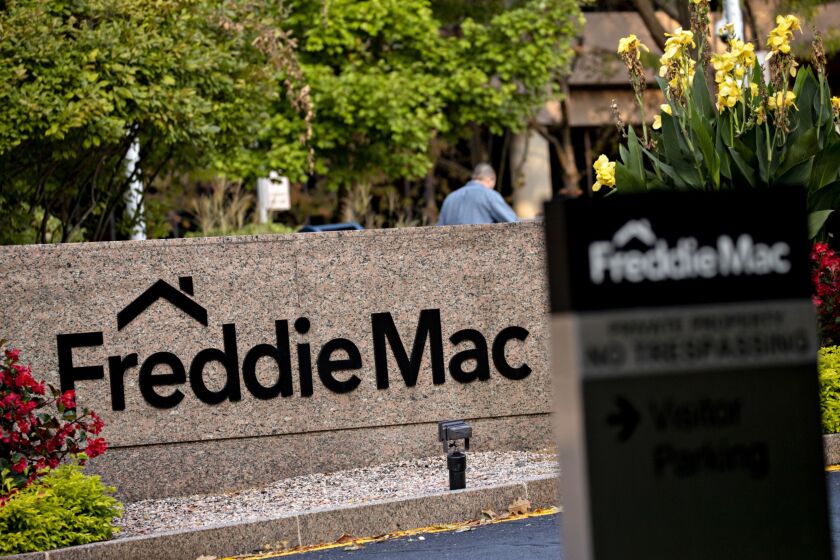The Federal Reserve’s Main Street Lending Program is meant to be a lifeline for midsize businesses, but two weeks after its unveiling, those firms and their lenders remain on edge about what strings will be attached.
The new bill to replenish the Paycheck Protection Program clarifies that hospitals created as political subdivisions are eligible.
The program, created in response to the 2008 financial crisis, generated $19 billion in small-business loans. It could be used as a viable path out of the coronavirus pandemic.
The online lender, reeling from the economic fallout of the coronavirus pandemic, also said it is cutting senior executives' salaries by 25%.
The House is expected to vote later this week on the bill expanding emergency relief for small businesses reeling from the effects of the coronavirus.
Efforts to calm lenders’ fears about coronavirus-related forbearance may not offset tightening standards, and the FHA is less likely to boost volume than it was during the financial crisis.
The pandemic won’t halt the Cincinnati bank's plan to open about 100 branches in the Southeast, but features could be added to accommodate social distancing.
In a rare show of unity, banking industry and consumer advocacy groups told congressional leaders that it is not too late to ensure individuals can access all of their coronavirus relief funds promised by the government.
The Internal Revenue Service and the Treasury Department provided cross-border tax guidance Tuesday to provide relief to individuals and businesses affected by travel disruptions arising from the novel coronavirus pandemic.
"One of the advantages is that we can hear from shareholders in faraway places," John Dugan said at Tuesday's annual meeting, which was held entirely online as most of the country remains on lockdown to help stop the spread of the coronavirus.


















